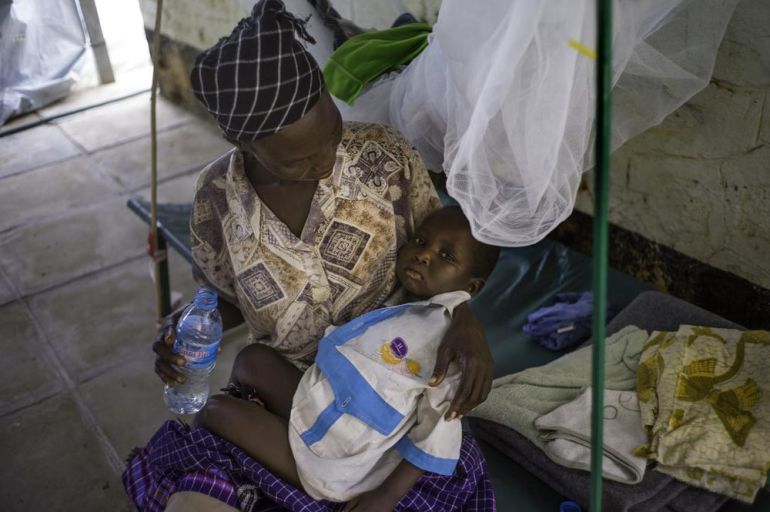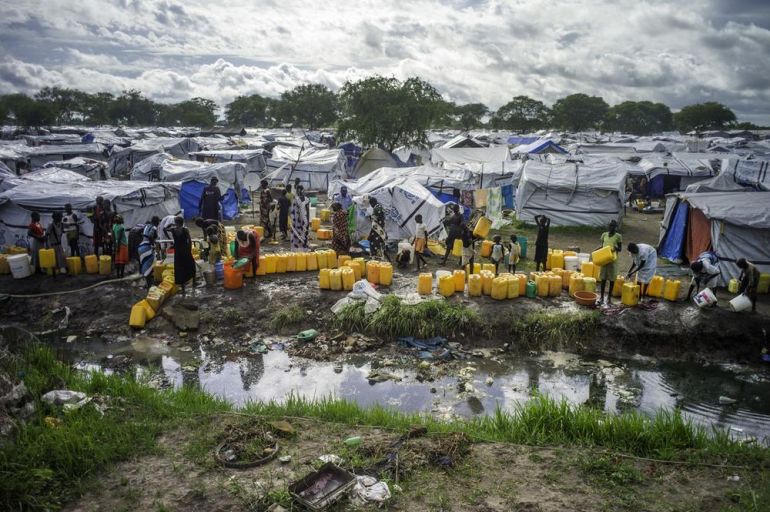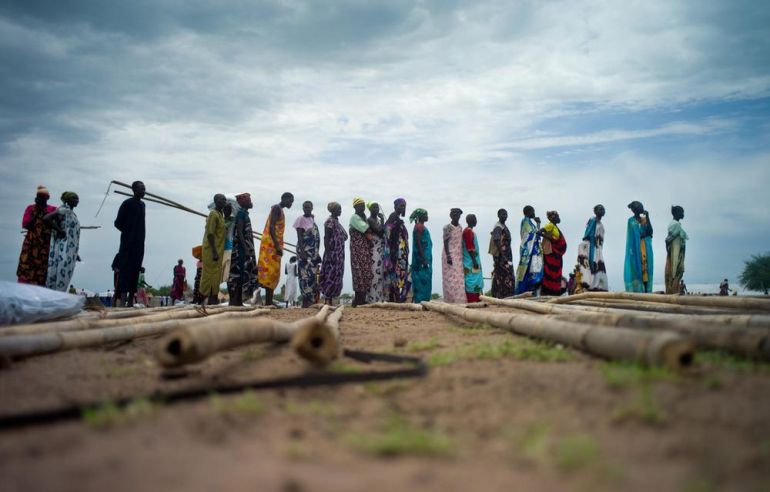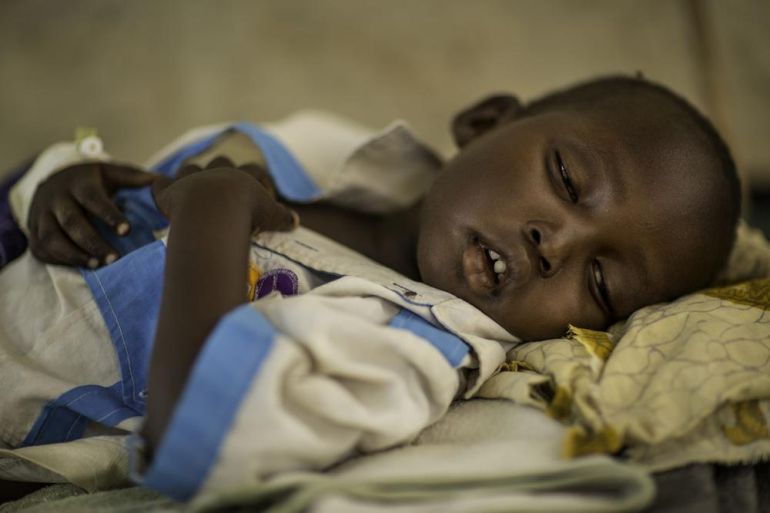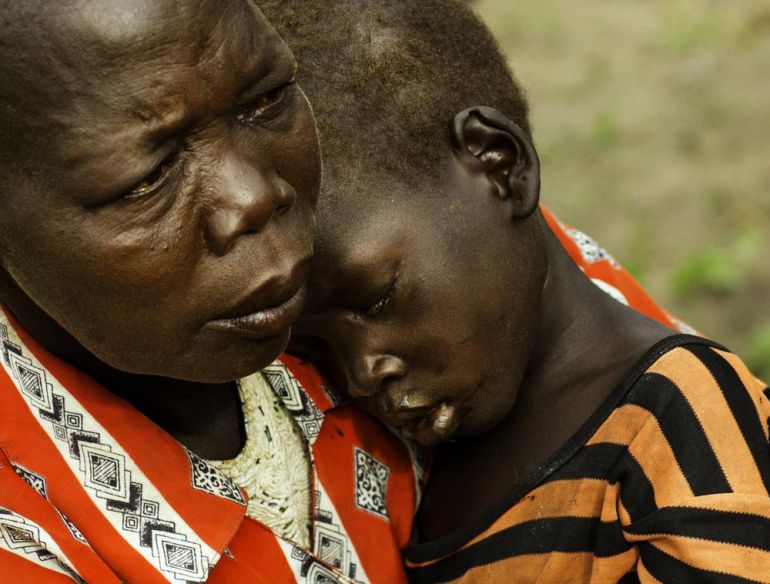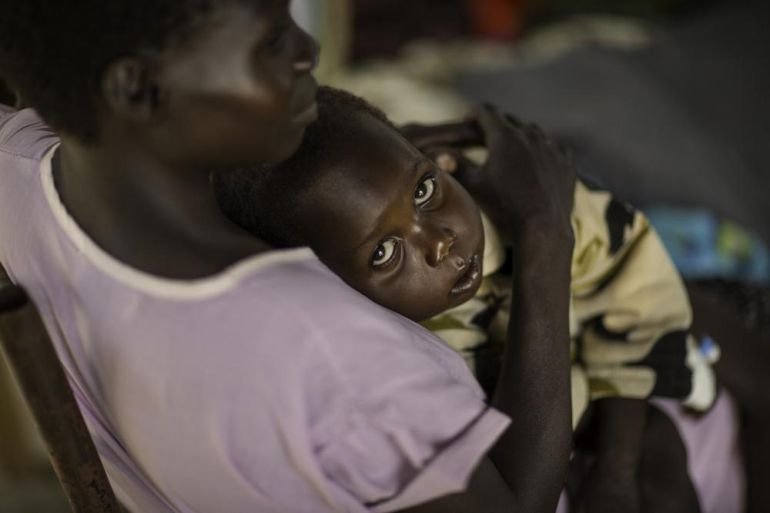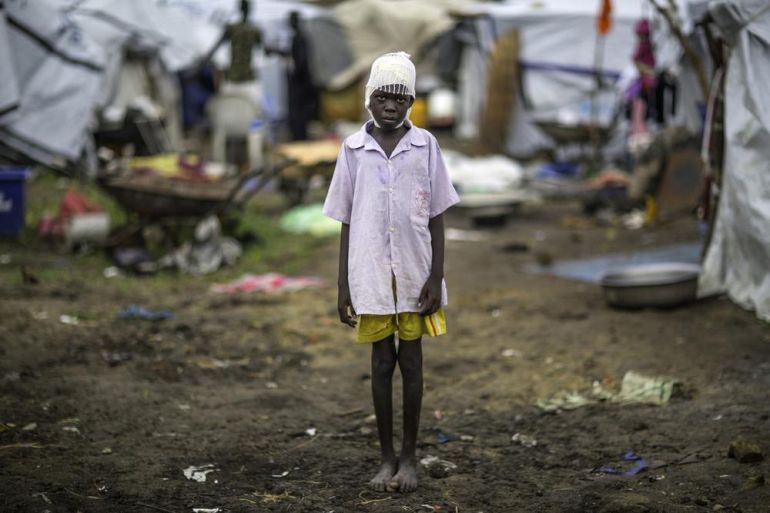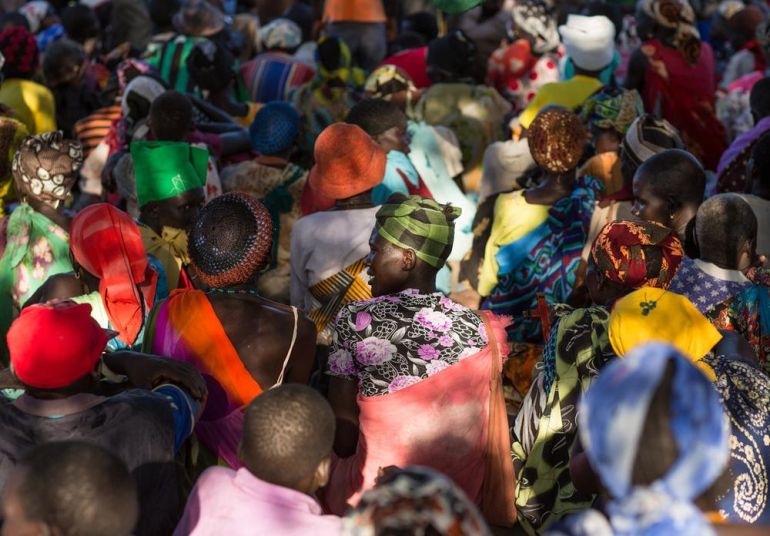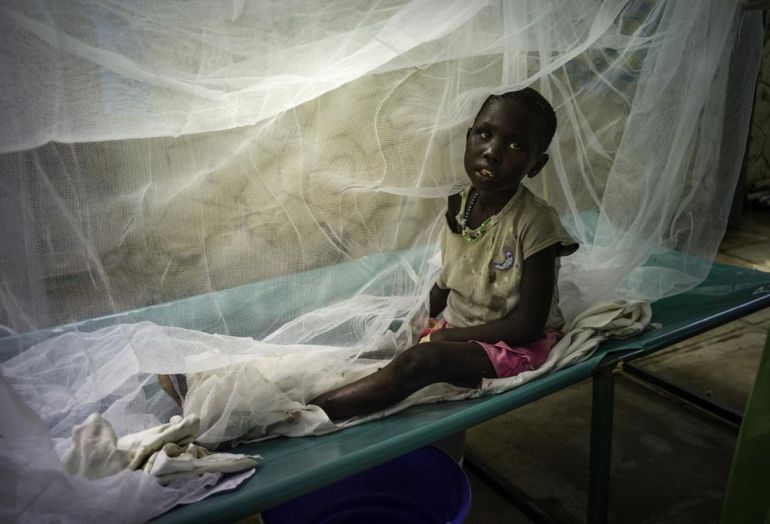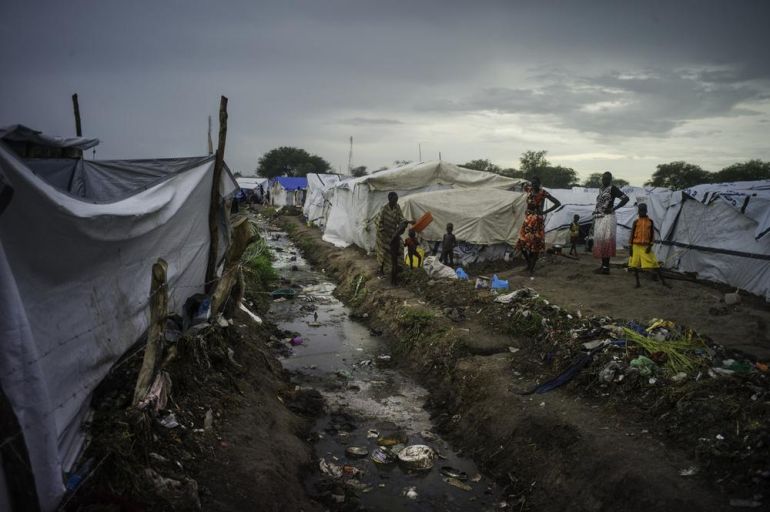In Pictures
In Pictures: S Sudan’s joyless anniversary
On the third anniversary of South Sudan’s independence the country’s humanitarian crisis is spiraling out of control.
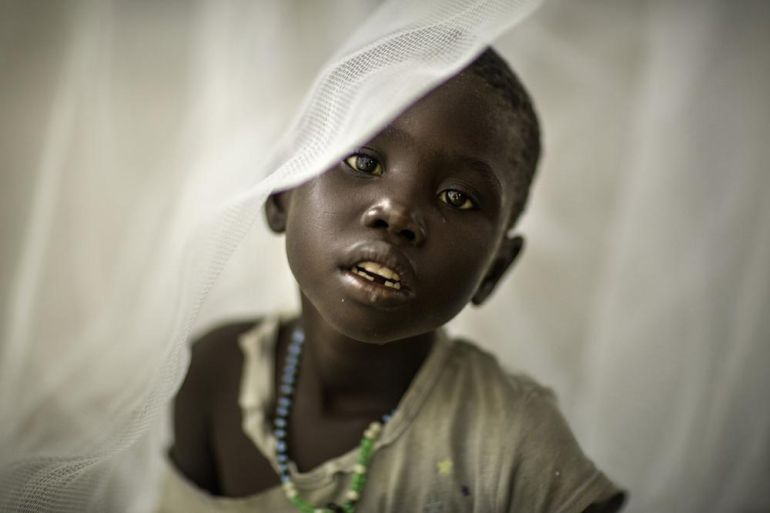
Published On 10 Jul 2014
On the third anniversary of South Sudan’s independence, the country’s humanitarian situation is in dire straits, Oxfam has reported.
“The world’s attention is elsewhere as Africa’s worst humanitarian catastrophe descends into more misery,” the organisation’s chief executive, Mark Goldring, said in a released statement.
Embroiled in one of Africa’s worst crises, approximately a third of the country’s population of 4 million is at risk of hunger ,with aid reaching only half of those in need.
The UN has warned that if the aid effort does not increase, 50,000 children could die from malnutrition.
Since the current crisis began in December 2013, fighting has forced 1.5 million people from their homes and numbers continue to rise.
